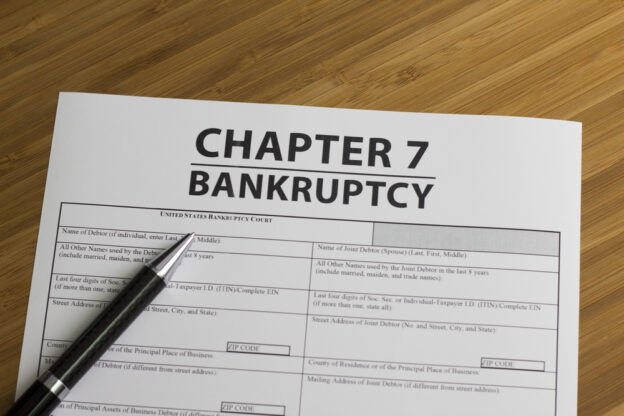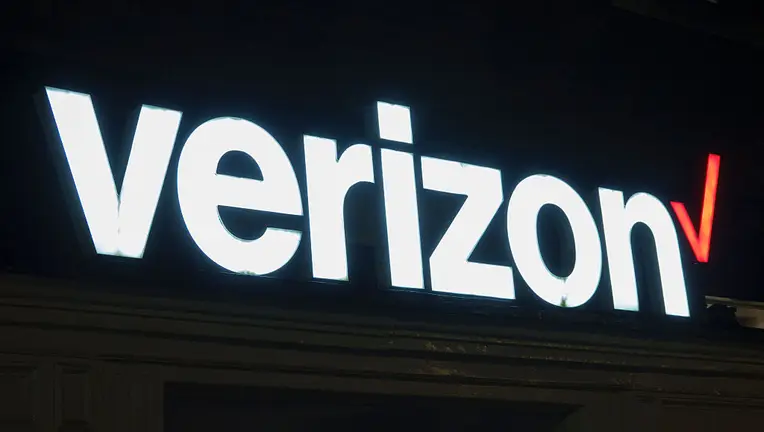Introduction
New Orleans is a city known for its resilience, culture, and history. At the center of its politics stands LaToya Cantrell, the city’s first female mayor. Since taking office in 2018, she has led New Orleans through major crises, including natural disasters, the COVID-19 pandemic, and social unrest. But alongside her achievements, her time as mayor has also been marked by controversies, declining approval ratings, and, most recently, a federal indictment that could define her legacy. With a new election approaching in 2025, the political spotlight on Cantrell has never been brighter.
Early Life and Political Journey
LaToya Cantrell was born in Los Angeles, California, in 1972. She later moved to New Orleans to attend Xavier University, where she studied sociology. Her passion for community service became clear early in her life. She played a critical role in rebuilding Broadmoor, one of the neighborhoods devastated by Hurricane Katrina in 2005.
Her grassroots leadership propelled her into politics. In 2012, she won a seat on the New Orleans City Council. Her ability to connect with residents, push for community development, and manage post-Katrina challenges made her a respected figure in the city. By 2017, she announced her candidacy for mayor—and made history by becoming the first woman ever elected mayor of New Orleans.
Achievements as Mayor
Cantrell entered office with a vision to build a safer, stronger, and more resilient New Orleans. Some of her notable achievements include:
1. Crisis Management During the Pandemic
She guided the city through the COVID-19 pandemic, implementing strict health protocols that drew both praise and criticism. While her measures were seen as decisive by some, they were also criticized for being too harsh on businesses.
2. Infrastructure and Development
Under her leadership, New Orleans secured funding for infrastructure improvements, drainage systems, and flood protection projects. These measures were crucial for a city that lives under the constant threat of hurricanes.
3. Focus on Affordable Housing
Cantrell emphasized housing affordability, aiming to create opportunities for low-income families to remain in the city despite rising costs.
4. Public Safety Efforts
While crime remained a major issue, she worked on police reform and pushed for community-based solutions to reduce violence.
Controversies and Criticism
Despite her accomplishments, Cantrell’s tenure has faced significant controversies that weakened her public image.
Declining Approval Ratings
Polls showed her approval ratings falling below 40% by 2024, with more than half of residents saying they disapproved of her leadership. Concerns about rising crime, sanitation, and city management contributed to public dissatisfaction.
Travel and Spending Allegations
Questions were raised about her use of city funds for travel. Critics accused her of misusing taxpayer dollars for personal or unnecessary trips. This fueled growing distrust in her administration.
Relationship With Security Detail
Speculation surrounding her relationship with a bodyguard brought unwanted attention, leading to further scrutiny of her personal and professional decisions.
The Federal Indictment
In August 2025, a federal grand jury indicted Cantrell on multiple charges, including fraud, conspiracy, obstruction of justice, and misuse of public funds. According to the indictment, she allegedly benefited personally from taxpayer resources, covering travel expenses, accommodations, and the use of a city-owned apartment.
The indictment also accused her of deleting encrypted evidence and making false statements under oath. This marked the first time in history that a sitting mayor of New Orleans faced federal charges, shaking the political landscape of the city.
The 2025 Mayoral Election
While Cantrell remains in office, the city is preparing for its next election. Scheduled for October 11, 2025, the race has drawn a large number of candidates, including:
- Helena Moreno (City Council President, seen as the frontrunner)
- Oliver Thomas (Councilmember, popular in several neighborhoods)
- Royce Duplessis (State Senator, younger progressive candidate)
- Renada Collins (independent entrepreneur)
- Several other candidates with smaller but passionate followings
Polling shows Helena Moreno leading with nearly half the expected vote, making her a strong contender to replace Cantrell when her term ends in January 2026.
Public Opinion and the Road Ahead
For many residents, Cantrell’s story is bittersweet. She broke barriers as the first female mayor and guided the city through challenging times. Yet her administration has been clouded by controversy, frustration, and now a federal indictment that may overshadow her accomplishments.
Her political career now hangs in the balance. If convicted, she could face serious consequences, including removal from office and potential prison time. If acquitted, she might still struggle to rebuild trust with the public.
Meanwhile, the upcoming election represents a turning point for New Orleans, offering residents a chance to decide the direction of the city’s future.
Conclusion
LaToya Cantrell’s tenure as mayor of New Orleans has been historic, turbulent, and deeply consequential. From her grassroots beginnings to her rise as the first female leader of the city, she has played a major role in shaping New Orleans over the last decade. However, the controversies and federal indictment now threaten to define her legacy more than her achievements.
As New Orleans prepares for new leadership, the story of LaToya Cantrell serves as both an inspiration and a cautionary tale—showing how public service, trust, and accountability remain at the heart of any political career.




